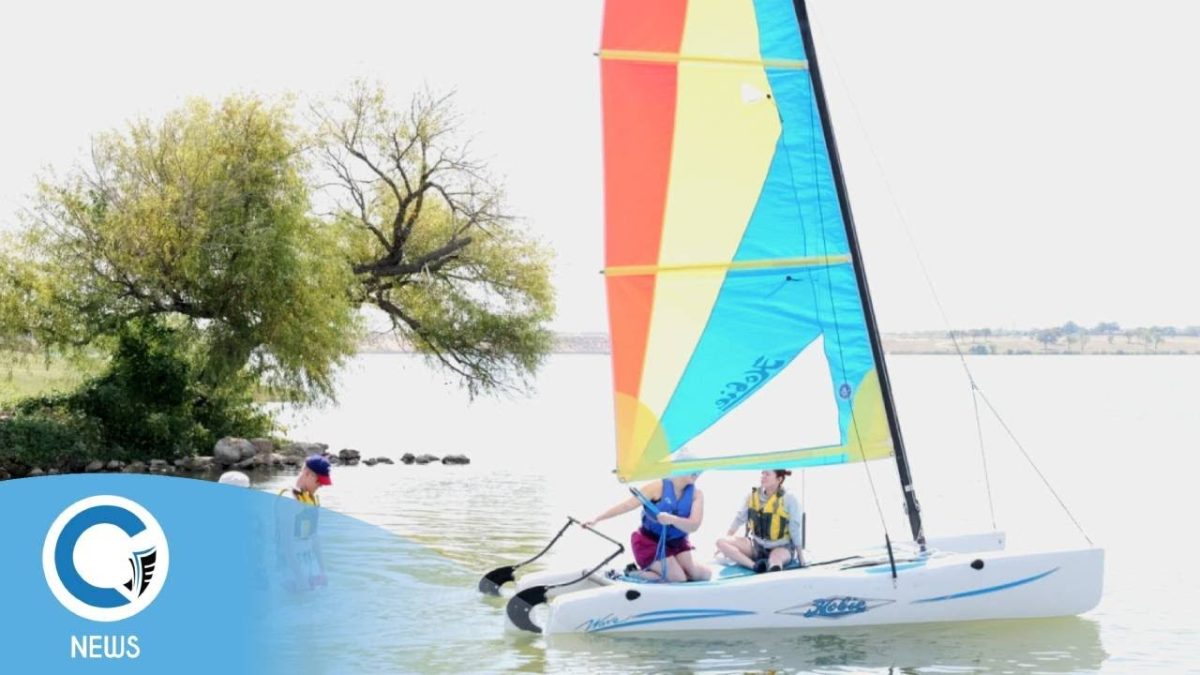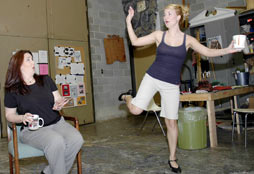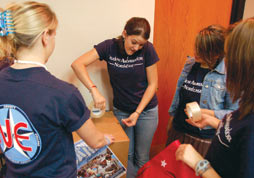by Sarah McVean/nw news editor
The Vietnam War era was a mixed time of conflict and social change, a panel told NW students Sept. 20.
The three panelists, two Vietnam War Air Force veterans and a faculty member who moved to Fort Worth to work on community development as a part of the Great Society programs, discussed what it was like being college age during the Vietnam War.
Tom McKnight, ROTC Cadet graduate from Texas A&M in 1967, has a degree in European history.
McKnight served two combat tours in Vietnam: 1969-1970 and 1970-1971. Stationed at Ubon Royal Thai Air Force Base in Thailand, he flew more than 400 combat missions in F-4s.
“ If you didn’t go to college, you got drafted,” he said. “And after you graduated college, you were prime to be drafted or you volunteered, so I just volunteered.”
One event that McKnight recalls the most is the Chicago democratic convention in the summer of ’68.
“ It was so different, so disturbing, so violent,” he said.
Dr. Pete Lane was born in Brooklyn, N.Y., and graduated from the U.S. Air Force Academy in 1961.
The pilot flew 100 combat missions over North Vietnam.
Lane talked about his liberal twin, who is now a clinical psychologist.
“ I remember going to see my brother before I left when I was leaving for Vietnam,” he said. “He was protesting in New York against war while I was hugging him goodbye to go to war.”
Don Mack was born in Port Arthur, Texas, and served four years in the U.S. Navy as a Seabee.
In the summer of 1967, Mack conducted a research and planning program to reduce poverty in target areas of Fort Worth as part of a federal government grant program.
“ Social change was not going to come easily,” he said. “But Fort Worth was ready for change. That is what motivated me, and I will live here till I go to glory.”
Mack said when he was 4, a teacher asked him what he wanted to do when he grew up. He told her he wanted to change the world.
“ Everyday she would show me a white card that said that, so I have had that programmed into my mind since I was 4,” he said.
Mack said the sooner students find a major, the sooner they can start to act upon it.
“ We need the ‘what is your name little boy and what to you want to be’ mentality back into our system,” he said.


























